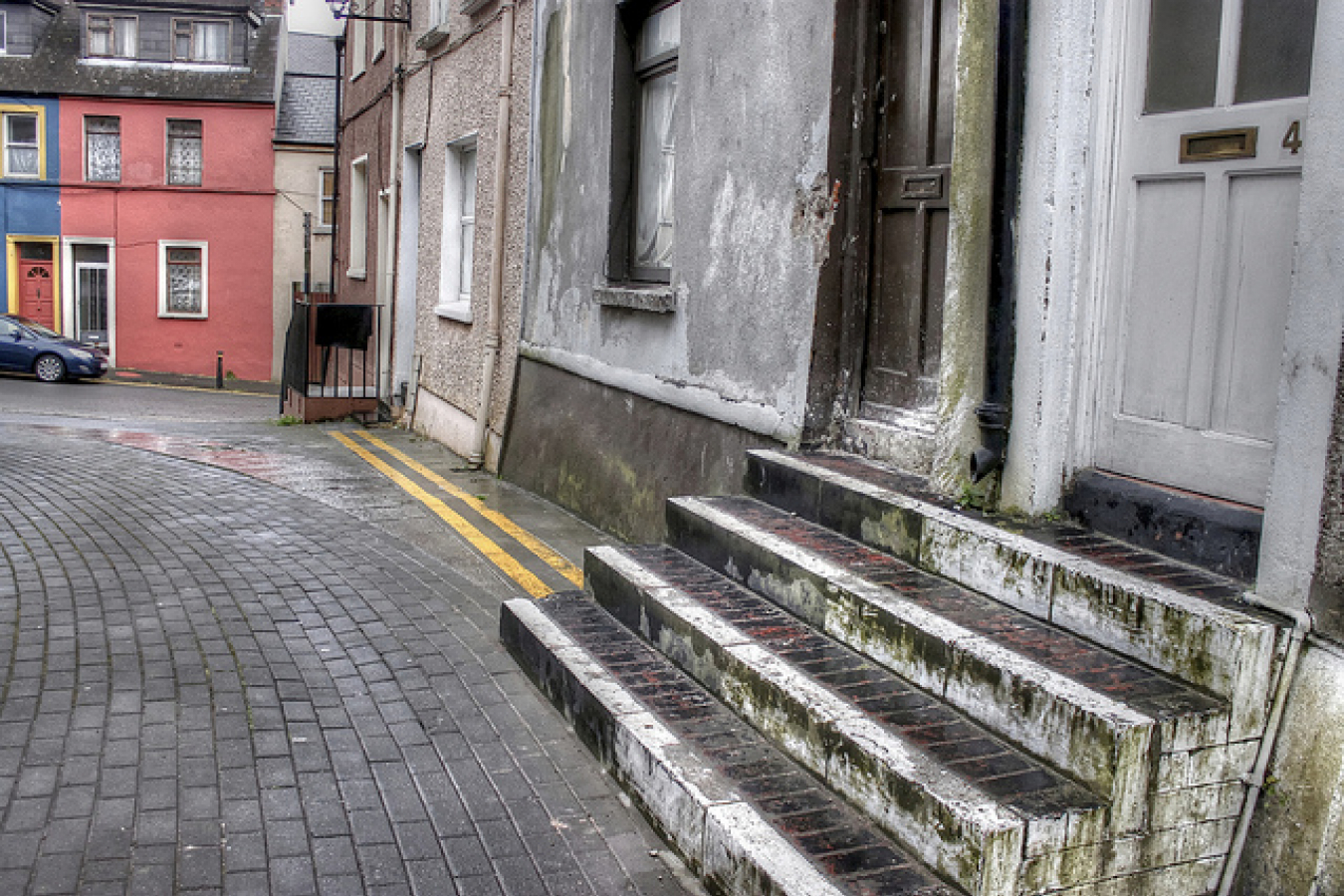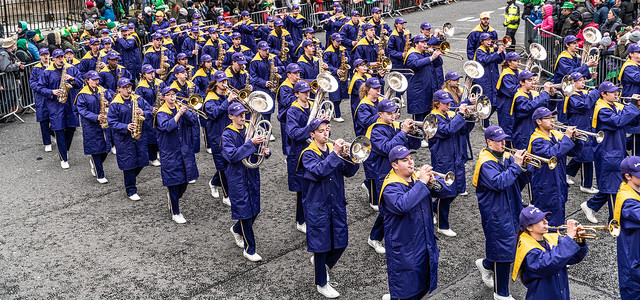 • Media Center » Video Immigration News
• Media Center » Video Immigration News
Over the last few decades, Ireland has transformed its economy. In a drastic turn-around from past decades, more people are now trying to migrate into the country than emigrate. As a result, Irish society has recently been dealing with the ramifications of integrating a large, foreign-born population.
A new study released on 16 April 2008 by the Organisation for Economic Co-operation and Development (OECD) found that Ireland has more work to do in integrating its immigrants.
In the OECD report, entitled 'Economic Survey of Ireland, 2008', the authors ask what can be done to make sure immigration is a continued success. According to the OECD, the pace of inward migration "has been remarkable in recent years" with most migrants being young and well-educated.
Unfortunately, the study found that many migrants end up in low-skilled jobs. As part of a plan to improve the integration of Ireland's foreign-born population, the OECD report recommends that Ireland continue to focus on language training and improving its recognition of foreign qualifications.
Many of Ireland's immigrants in recent years come from within the European Union, especially the Eastern European countries that joined the bloc in 2004. Thousands of Polish and Baltic citizens have migrated to the island nation since becoming EU nationals.
Other recommendations include planning for uncertainties in Ireland's continued migration growth. With economies improving across the European Union, its possible that east to west migration could decrease across the 27-member bloc.
In addition, many non-EU skilled migrants are living and working in Ireland under immigration programs such as the Irish Green Card scheme and the Work Permit scheme. Both schemes allow employers to bring in third country nationals to live and work in Ireland, along with their family.




